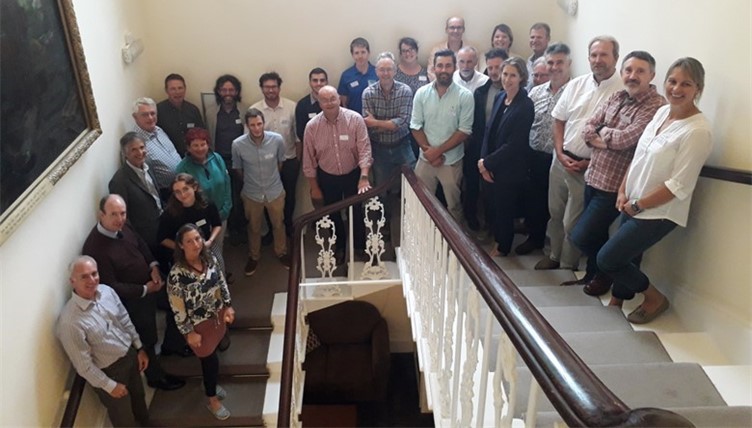By Dr Lisa Bickley
Shellfish mariculture (the farming of bivalve shellfish – mainly mussels and Pacific oysters) is an important part of the rural economy of England and other devolved nations of the UK. As low trophic aquaculture species, shellfish are a highly sustainable source of protein with high nutritional value. Shellfish can also provide a number of additional ecosystem services, including habitat provisioning, nutrient assimilation and carbon sequestration, and in turn can potentially play a wider role in supporting productive, resilient and ecologically diverse coastal and marine economies.
Sustainable expansion of the shellfish sector is an important component of national strategies within the UK to increase seafood consumption, offering benefits to food security, the environment and human health. Despite these multiple benefits, this growth has not yet been realised.
A recent project, funded by the University of Exeter’s Knowledge Exchange Culture Programme and supported by the Higher Education Funding Council for England, has been examining the application of the Positive Tipping Points Framework developed by the GSI in partnership with the Food and Land Use Coalition (FOLU), for catalysing the sustainable growth of shellfish aquaculture in England and Wales.
The project team (Tom Powell (of the GSI) and Charles Tyler, Ross Brown and Lisa Bickley (of the Centre for Sustainable Aquaculture Futures and Biosciences) recently led a multi-stakeholder workshop to evaluate the positive tipping point approach to identify key opportunities and interventions to unlock future potential of bivalve shellfish mariculture to contribute to sustainable food production in England and Wales.
The workshop was attended by a cross section of participants representing industry, policy, regulatory and academic stakeholders. The workshop focused initially on five case studies from around south west England, covering new policy developments, new risk-based methods for assuring product safety, and new quantitative evidence of both positive and negative interactions between shellfish aquaculture and the environment. Following a review of the accumulating evidence on the current status and constraints of the sector, participants worked together to identify key opportunities and leverage points, interventions and enabling conditions, and optimal sequencing of interventions for maximising the potential for positive change.
The resulting report and policy brief (in preparation) will be publicly available and circulated to regulators, statutory authorities and consultees, industry bodies, water companies, watchdogs and academics.
It is hoped this work will provide a template for applying the positive tipping points approach to other food productions systems, including other aquaculture sectors.


